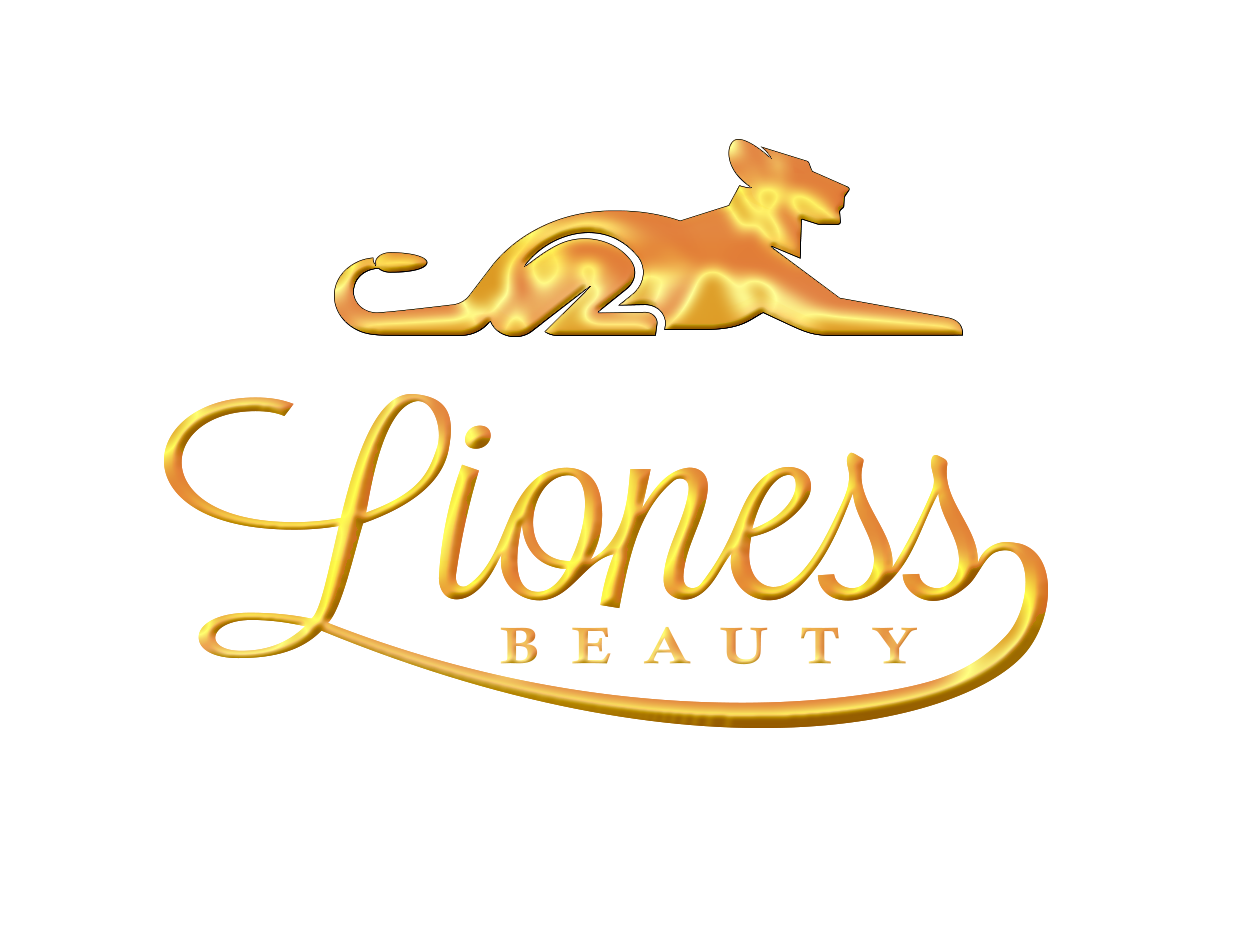Should You Buy Homemade Cosmetics?
Handmade Cosmetics
As a makeup enthusiast, I enjoy making my own cosmetics. Some of my favorite things to make are body butters, moisturizers, lotions, and lip balms. Of course, I also love making lipstick tints, lip glosses, eyeshadows and blushes, but I don’t formulate these items often; I leave that to the professionals.
I have never sold any products that I’ve made. Selling a homemade cosmetic is irresponsible.
Cosmetic Formulation
Cosmetic formulations are divided into emulsions, which contain water and non-emulsions which do not contain water.
Cosmetics formulas that contain water are lotions, shampoos, conditioners and anything that is classified as an emulsion. These absolutely need a preservative or they will go rancid within days. Anything with water will breed bacteria quickly.
Lipsticks, blushes, eyeshadows, body butters and thick moisturizers do not contain water and therefore will last longer. This doesn’t negate the fact that all cosmetics should have a preservative, yet many diyers think that it’s okay to skip the preservative. Even though these products might last longer before going rancid, they will go rancid as will everything in life.
I discovered many things formulation my own products. The first is that they go bad very quickly without a preservative. If you make a body butter or lip balm and it does not have a preservative, it will last a maximum of one year if you are lucky and don’t get in contact with water.
Many DIYers that make and sell their own body butters and lipsticks do not put a preservative in their formulas. This is very dangerous. How many times have you gotten out of the shower and used your moisturizer? Did it come into contact with water? Now it’s at a much higher risk for bacteria and fungi.
Safety and Sanitation
I recently saw a woman on youtube making lipsticks. The video showed her workspace was in the living room. The video was very informative video about making lipsticks, while chit chatting with her audience about her own online lipstick line. She professionally sells the products she is making.
There are many things wrong with this scenario. The most obvious is that she was not using a preservative. The second red flag is that her home is not licensed to make cosmetics. The Occupational Safety and Health Administration (OSHA) isn’t going to do an inspection of her home. She isn’t even aware of some of the regulations. For instance, she leaves the caps off her bottles, which seems mild, but is a violation of OSHA’s federal safety and sanitation laws to keep consumers safe.
In a professional lab, an OSHA inspector would come out and check safety and sanitation.
Equipment
Cosmetic labs hire chemist, i.e., people who have chemistry degrees. In the lab, they can afford high quality equipment that DIYers do not have. A commercial pigment grinder is around $3000. But most DIYers use a mortar and pestle or coffee grinder. The DIYer method will leave small granules free floating at the bottom of the recipe. The pigments will not disperse all the way without an industrial grinder resulting in a poor color payoff that is less than brilliant. This also means that the DIYer will over compensate and add more pigment that is allowed by law in order to have a quality color. It’s just not effective.
The next time you want to buy a cosmetic that is marketing as homemade, ask yourself if you want to run the risk of buying possibly defective cosmetics that could get you sick.
